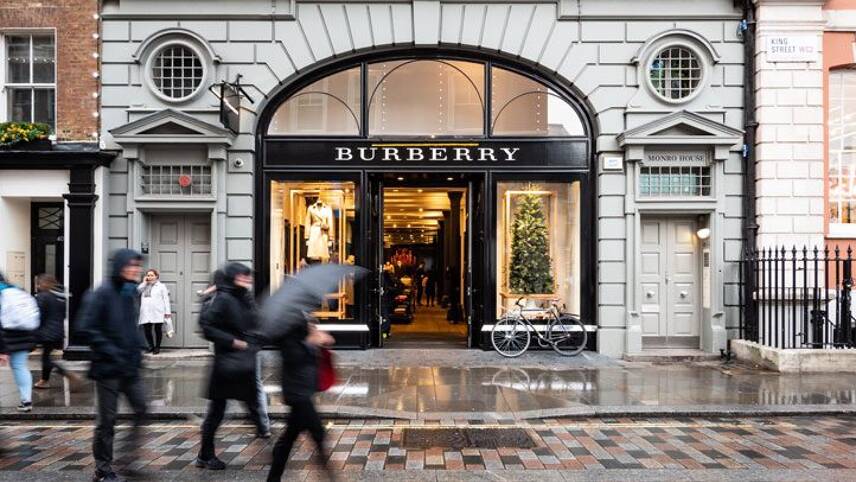Register for free and continue reading
Join our growing army of changemakers and get unlimited access to our premium content

In 2019
Burberry has pledged to become climate positive by 2040 through a new target to reduce emissions across its extended supply chain by 46% by 2030, a move that goes beyond a current net-zero target.
“Burberry was built upon a desire to explore nature and the great outdoors and they have remained our inspiration for more than 150 years,” Burberry’s chief executive Marco Gobbetti said.
“Drawing on this heritage of exploration and driven by our creative spirit, today, we are setting a bold new ambition: to become climate positive by 2040. As a company, we are united by our passion for being a force for good in the world. By strengthening our commitment to sustainability, we are going further in helping protect our planet for generations to come.”
In 2019, Burberry set a science-based target aligned to the 1.5C trajectory of the Paris Agreement, committing to reducing its operational emissions by 95% by 2022. The company has revealed it is on track to meet this commitment, which is tracked against a 2016 baseline.
That target also featured an ambition to reduce Scope 3 (indirect) emissions by 30% by 2030, which has now been expanded to 46%.
Last year, Burberry introduced a “regeneration fund” to support a new portfolio of “carbon insetting projects” and carbon removal projects that aim to deliver regenerative agriculture practices across its supply chain.
The specified fund was set up to invest in carbon insetting projects. Insetting, as opposed to offsetting, is based on tree-planting projects or regenerative agriculture practices that are carried out directly within a company’s supply chain. As well as working as a form of carbon capture, Burberry’s insetting projects will work with communities across the supply chain to improve climate resilience, promote biodiversity, restore ecosystems and support the livelihoods of local producers.
Burberry has partnered with the PUR Project environmental group to establish and implement regenerative agriculture practices with wool producers in Australia, a region that has been ravaged by climate-induced wildfires in recent years. Projects will focus on farm-level training to improve carbon capture in soils, improve watershed and soil health, reduce dryland salinity and promote biodiverse habitats.
Matt Mace


Please login or Register to leave a comment.